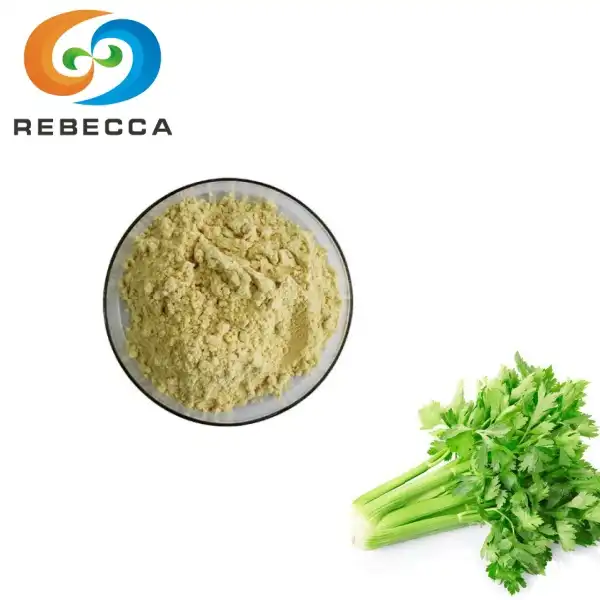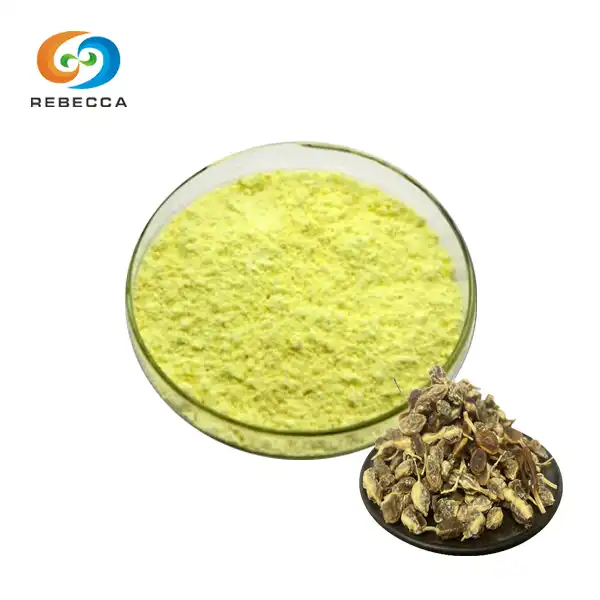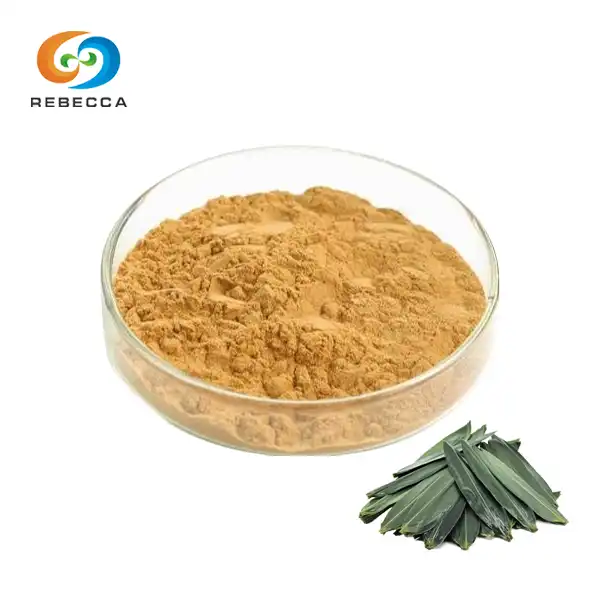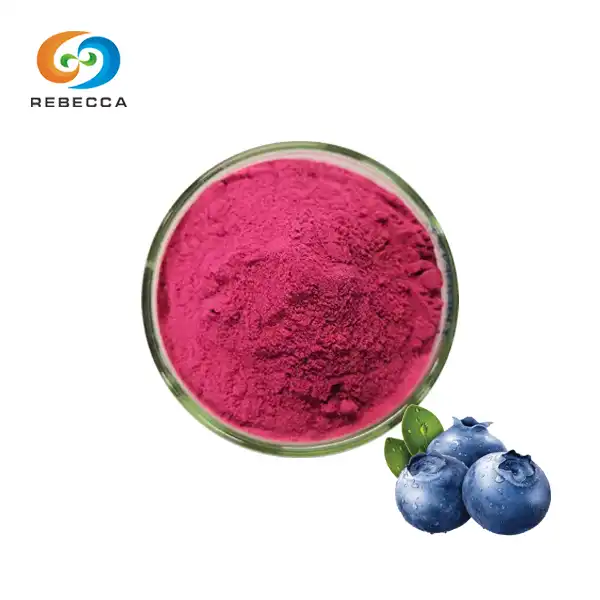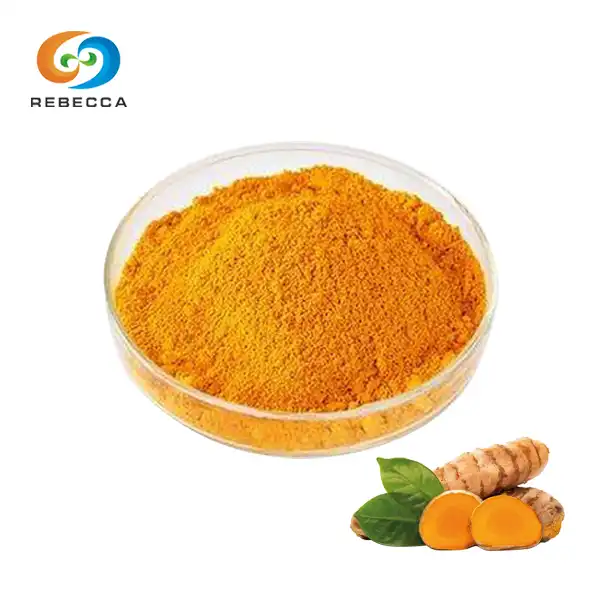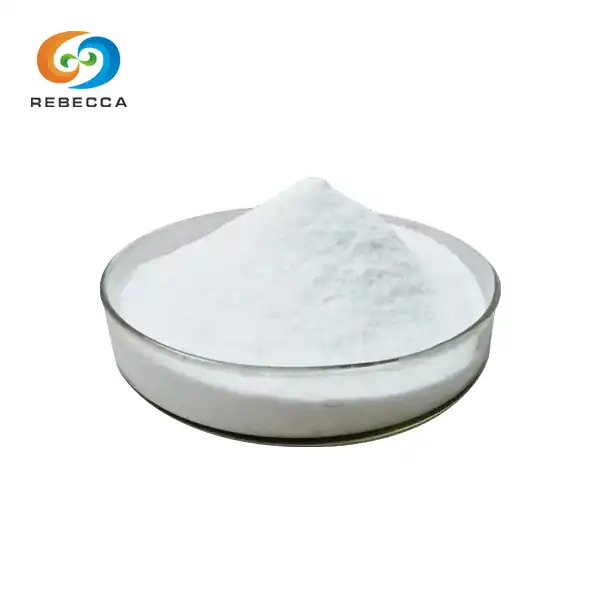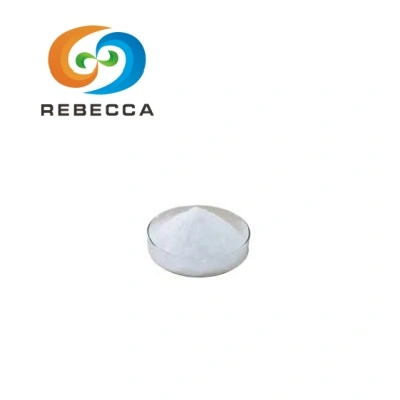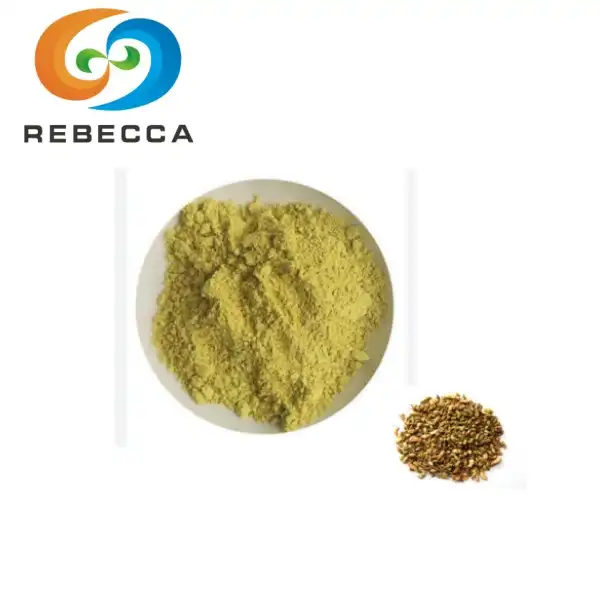What is the difference between pure creatine and creatine monohydrate?
Creatine has become one of the most popular and well-researched supplements in the fitness industry. However, with various forms available in the market, it's common for consumers to wonder about the differences between pure creatine and creatine monohydrate. This article aims to clarify these distinctions, explore purity standards, and examine the manufacturing processes behind these supplements.
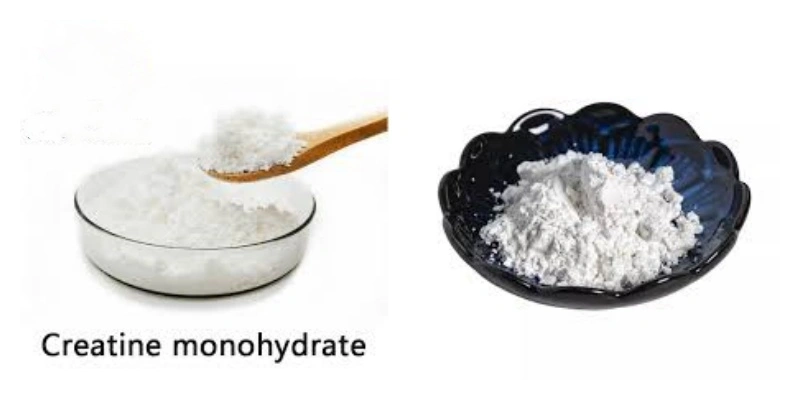
Is "pure creatine" the same as creatine monohydrate?
To address this question, it's essential to understand what these terms mean. "Pure creatine" typically refers to creatine in its most basic form, without any additional compounds or molecules. On the other hand, creatine monohydrate is a specific form of creatine that includes a water molecule.
Creatine monohydrate is, in fact, the most common and widely studied form of creatine supplement. It consists of a creatine molecule bound to a single molecule of water. This form is often referred to as "pure creatine monohydrate powder" when it doesn't contain any additional ingredients or fillers.
The term "pure creatine" can be somewhat misleading, as it might suggest a form of creatine that's different from or superior to creatine monohydrate. In reality, when most manufacturers or retailers refer to "pure creatine," they are usually talking about creatine monohydrate in its purest form.
Creatine monohydrate typically contains about 88% creatine by weight, with the remaining 12% being water. This composition is considered the standard for creatine supplements and has been the subject of numerous scientific studies demonstrating its effectiveness and safety.
It's worth noting that while other forms of creatine exist (such as creatine ethyl ester, creatine hydrochloride, or buffered creatine), creatine monohydrate remains the gold standard. It's not only the most researched form but also the most cost-effective and reliable in terms of performance enhancement.
What are the purity standards for creatine monohydrate?
Purity is a crucial factor when it comes to creatine supplements, particularly for those seeking the best pure creatine monohydrate. High-quality creatine monohydrate should meet strict purity standards to ensure safety and efficacy.
The generally accepted standard for pure creatine monohydrate powder is a minimum of 99.9% purity. This means that out of every 100 grams of the product, at least 99.9 grams should be creatine monohydrate, with minimal impurities or contaminants.
Several organizations and regulatory bodies have established guidelines for creatine purity:
- United States Pharmacopeia (USP): The USP sets standards for the identity, strength, quality, and purity of medicines, food ingredients, and dietary supplements. USP-grade creatine monohydrate must meet specific criteria for purity and contaminant levels.
- European Food Safety Authority (EFSA): The EFSA has established specifications for creatine monohydrate used in food supplements. These include limits on impurities such as dicyandiamide and dihydrotriazine.
To ensure purity, manufacturers often employ various testing methods, including:
- High-Performance Liquid Chromatography (HPLC)
- Mass Spectrometry
- Nuclear Magnetic Resonance (NMR) Spectroscopy
- Infrared Spectroscopy
These tests help identify and quantify the creatine content and detect any impurities or contaminants. Reputable manufacturers will often provide certificates of analysis (COA) that detail the results of these tests, offering transparency about the purity of their products.

How do manufacturing methods differ between pure creatine and creatine monohydrate?
The manufacturing process for creatine monohydrate is relatively standardized across the industry. However, the methods used can impact the final purity and quality of the product. Here's an overview of the typical manufacturing process:
- Synthesis: Creatine is typically synthesized from sarcosine (or its salts) and cyanamide. This process involves carefully controlled reactions under specific conditions of temperature and pressure.
- Crystallization: The synthesized creatine is then crystallized to form creatine monohydrate. This step is crucial in determining the final purity of the product.
- Purification: The crystals undergo various purification processes to remove impurities and achieve the desired level of purity. This may involve recrystallization, filtration, and other techniques.
- Drying: The purified creatine monohydrate is then dried to remove excess moisture while maintaining the single water molecule that defines creatine monohydrate.
- Milling: The dried product is milled to achieve a consistent particle size, which can affect the powder's mixability and dissolution rate.
- Testing: The final product undergoes rigorous testing to ensure it meets purity standards and is free from contaminants.
The main difference between manufacturing "pure creatine" and creatine monohydrate lies in the crystallization and drying processes. For anhydrous creatine (creatine without water), additional steps are taken to remove all water molecules. However, this form is less stable and not commonly used in supplements.
It's important to note that the term "pure creatine" is not a standardized manufacturing designation. When companies refer to "pure creatine," they are typically describing their creatine monohydrate product and emphasizing its high purity level rather than referring to a distinct manufacturing process.
The quality of the raw materials, the precision of the manufacturing process, and the stringency of quality control measures all play crucial roles in determining the purity and effectiveness of the final product. This is why it's essential to choose creatine supplements from reputable manufacturers who prioritize quality and transparency in their production methods.

Best Pure Creatine Monohydrate
In conclusion, while the terms "pure creatine" and "creatine monohydrate" are often used interchangeably, they essentially refer to the same product when discussing high-quality supplements. Creatine monohydrate, when manufactured to high purity standards, remains the most researched, effective, and reliable form of creatine supplementation available.
Are you in search of a top-tier pure creatine monohydrate powder? Look no further than Rebecca Bio-Tech, a professional manufacturer and supplier renowned for our meticulous attention to detail. We take pride in crafting our creatine from premium ingredients, ensuring it meets the highest standards of purity and quality. This dedication results in a product that's exceptionally effective for enhancing muscle performance and aiding recovery. Interested in experiencing the benefits for yourself? We offer free samples and MSDS documents upon request. Get in touch with us at information@sxrebecca.com to place your order or inquire further.
References:
- Kreider RB, et al. International Society of Sports Nutrition position stand: safety and efficacy of creatine supplementation in exercise, sport, and medicine. J Int Soc Sports Nutr. 2017;14:18.
- Jäger R, et al. Analysis of the efficacy, safety, and regulatory status of novel forms of creatine. Amino Acids. 2011;40(5):1369-1383.
- Butts J, et al. Creatine Use in Sports. Sports Health. 2018;10(1):31-34.
- United States Pharmacopeia. Dietary Supplements Compendium. 2019.
- European Food Safety Authority. Scientific Opinion on the safety of creatine monohydrate for use in food supplements. EFSA Journal. 2016;14(6):4472.
